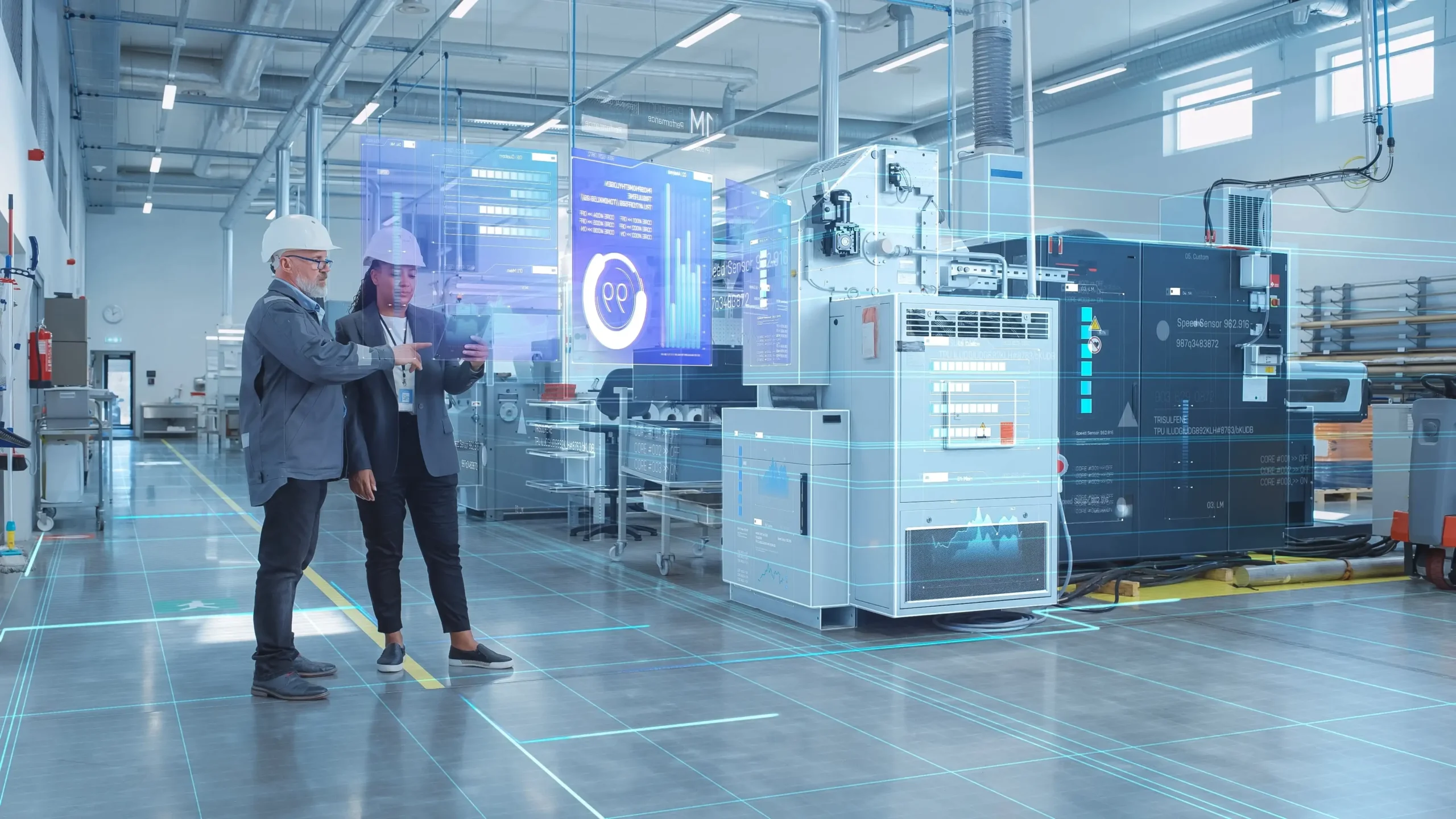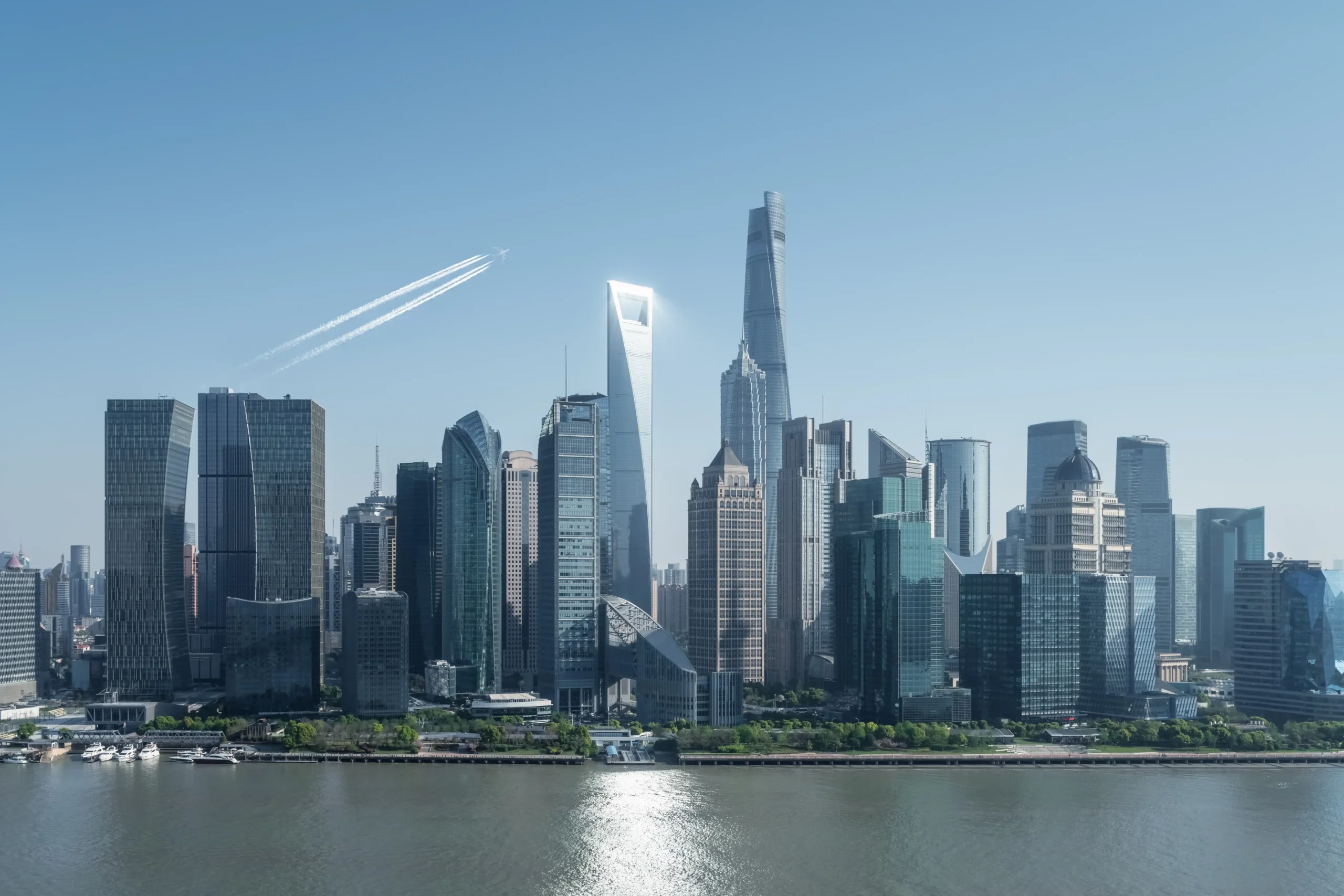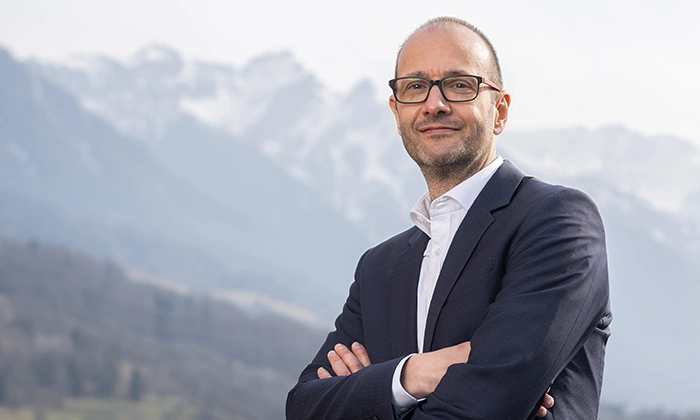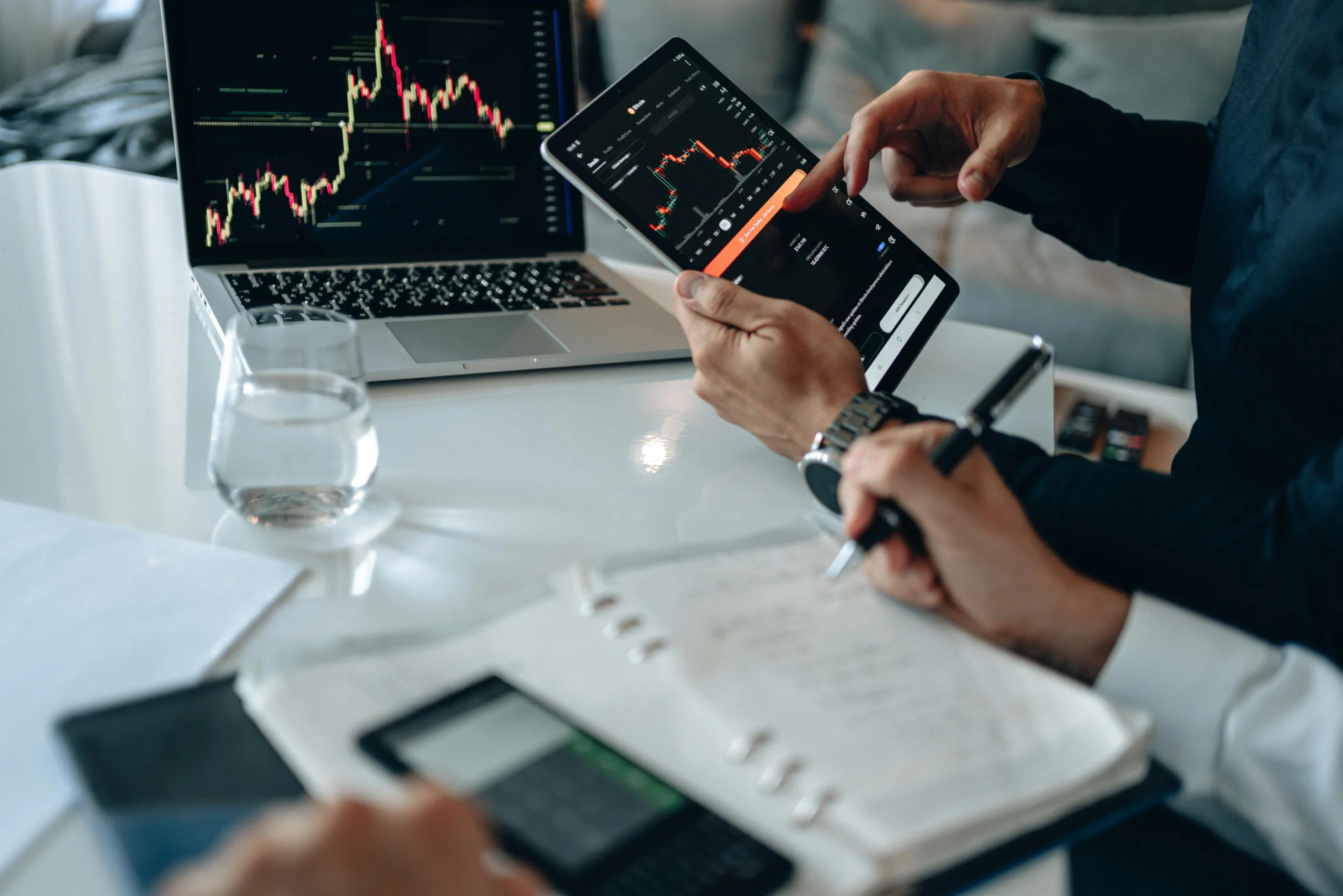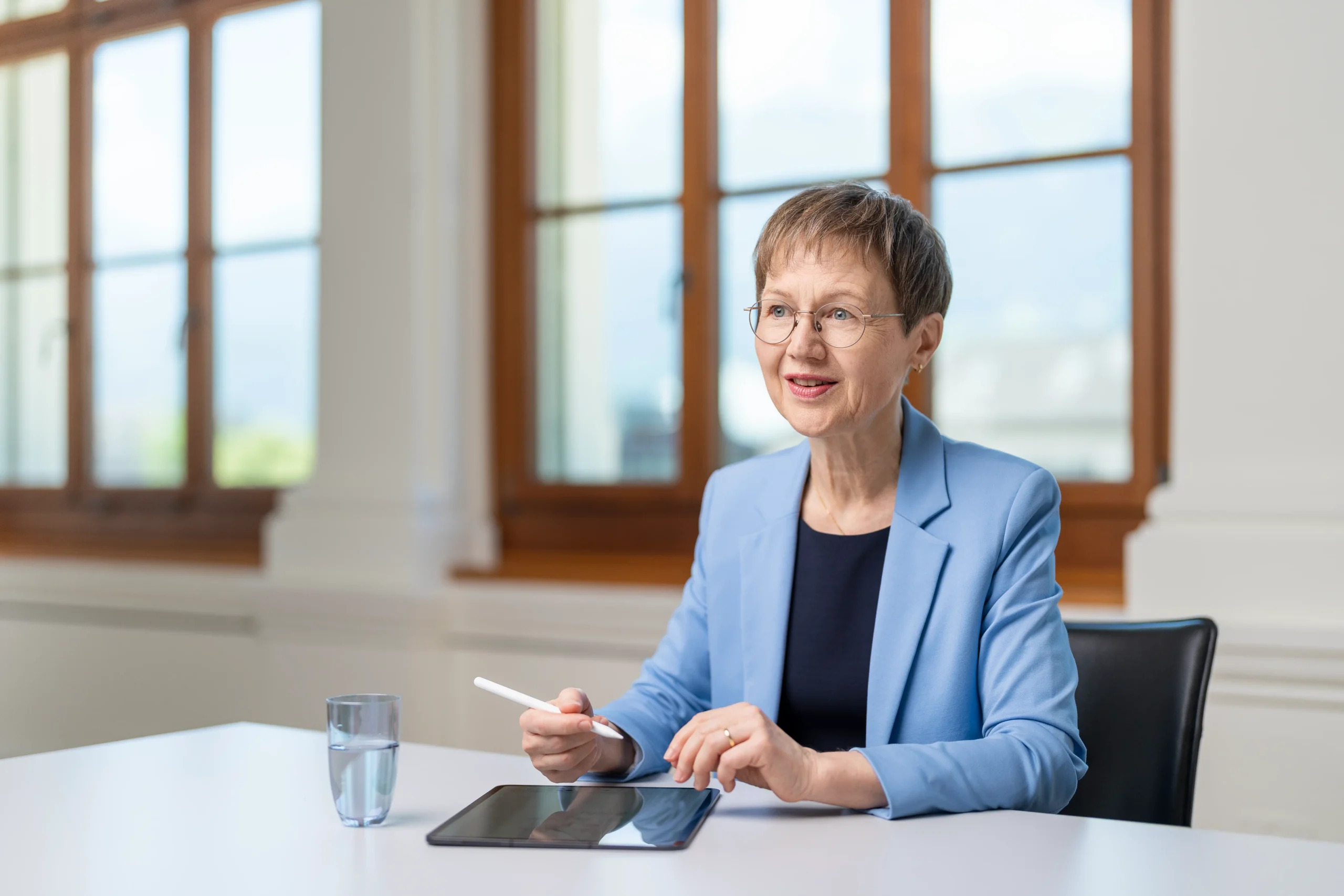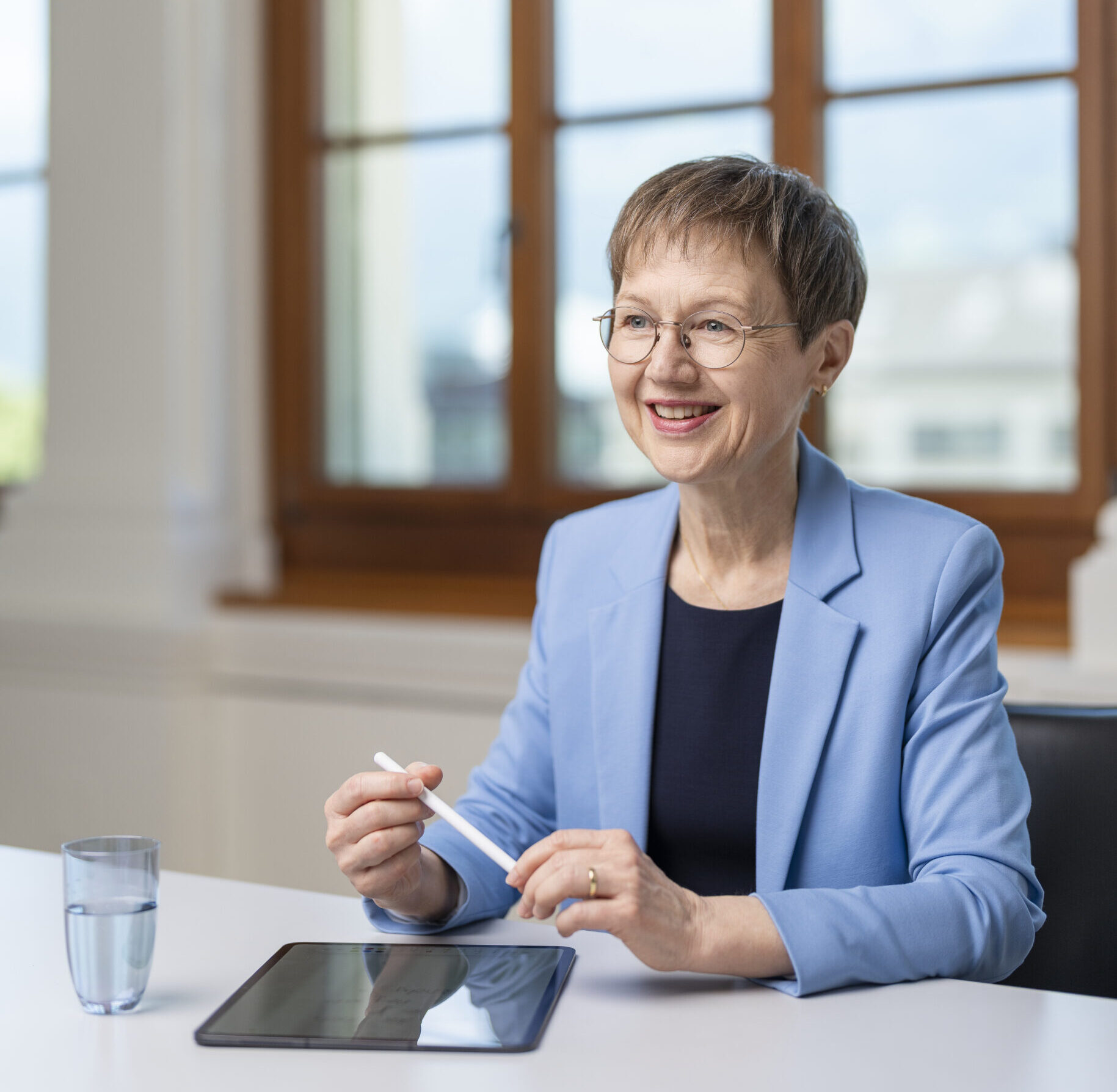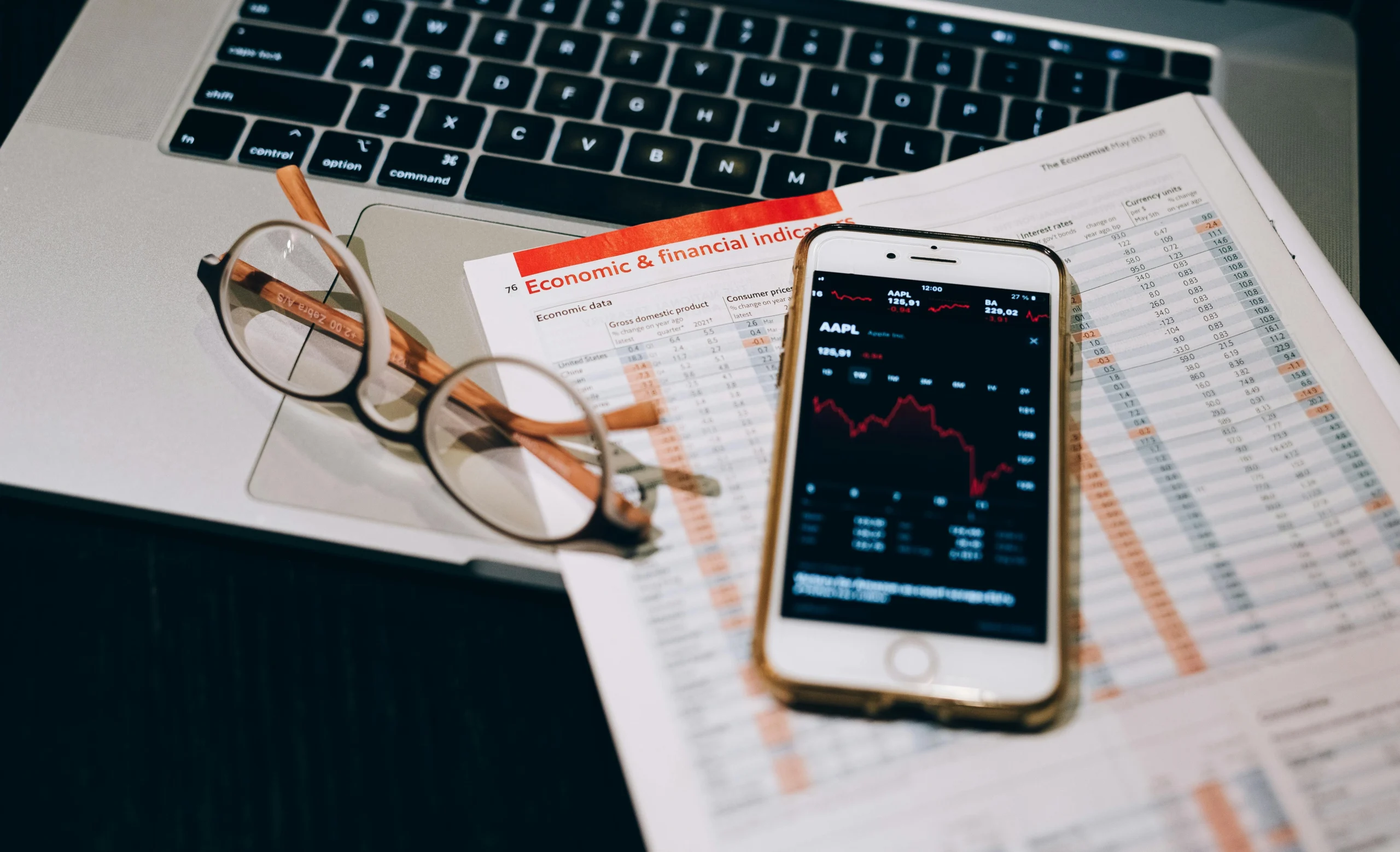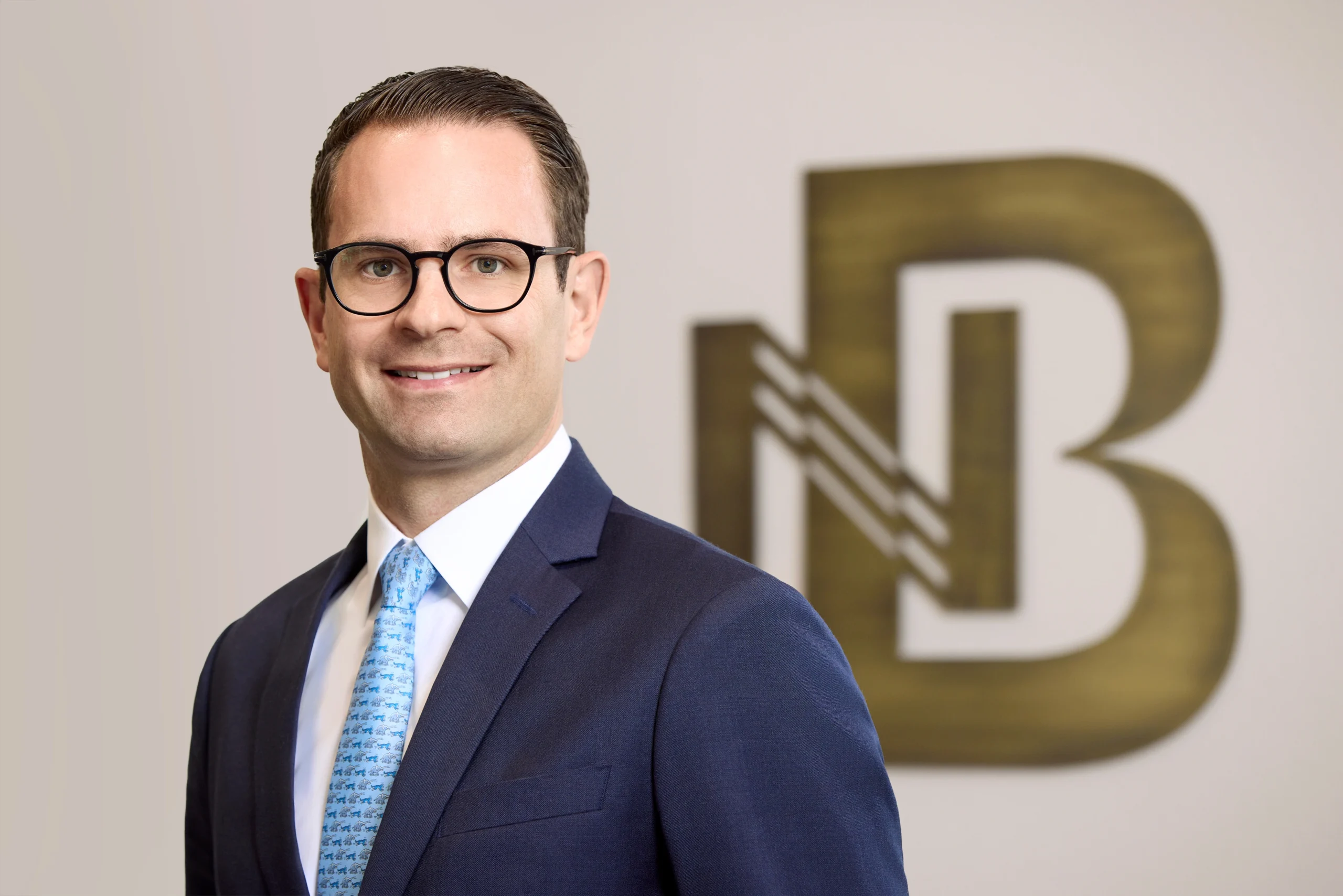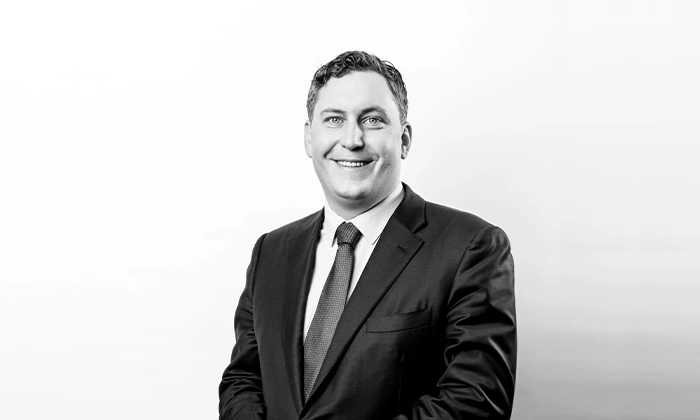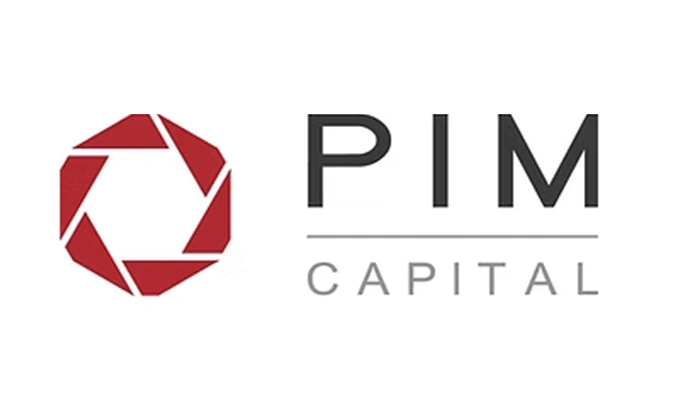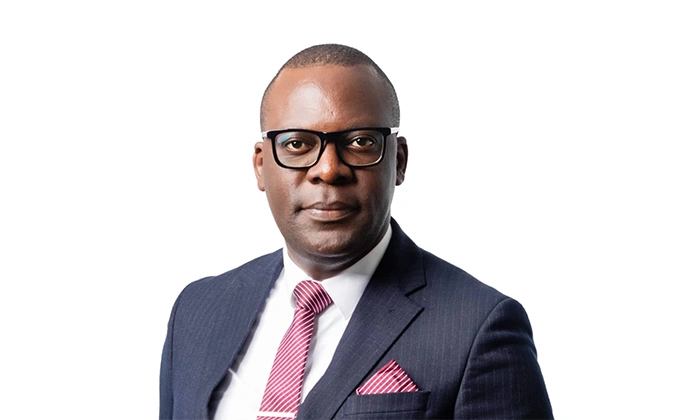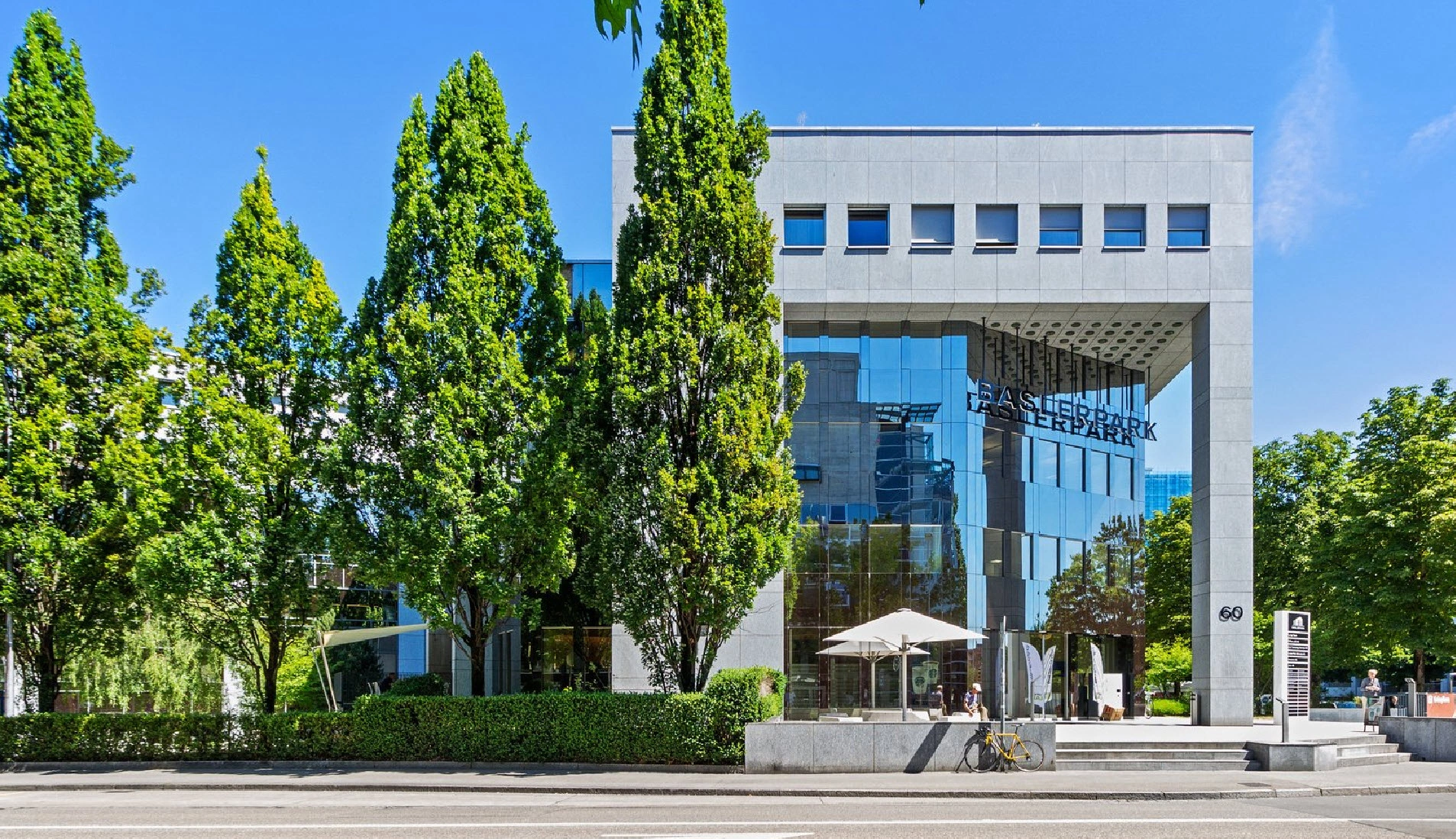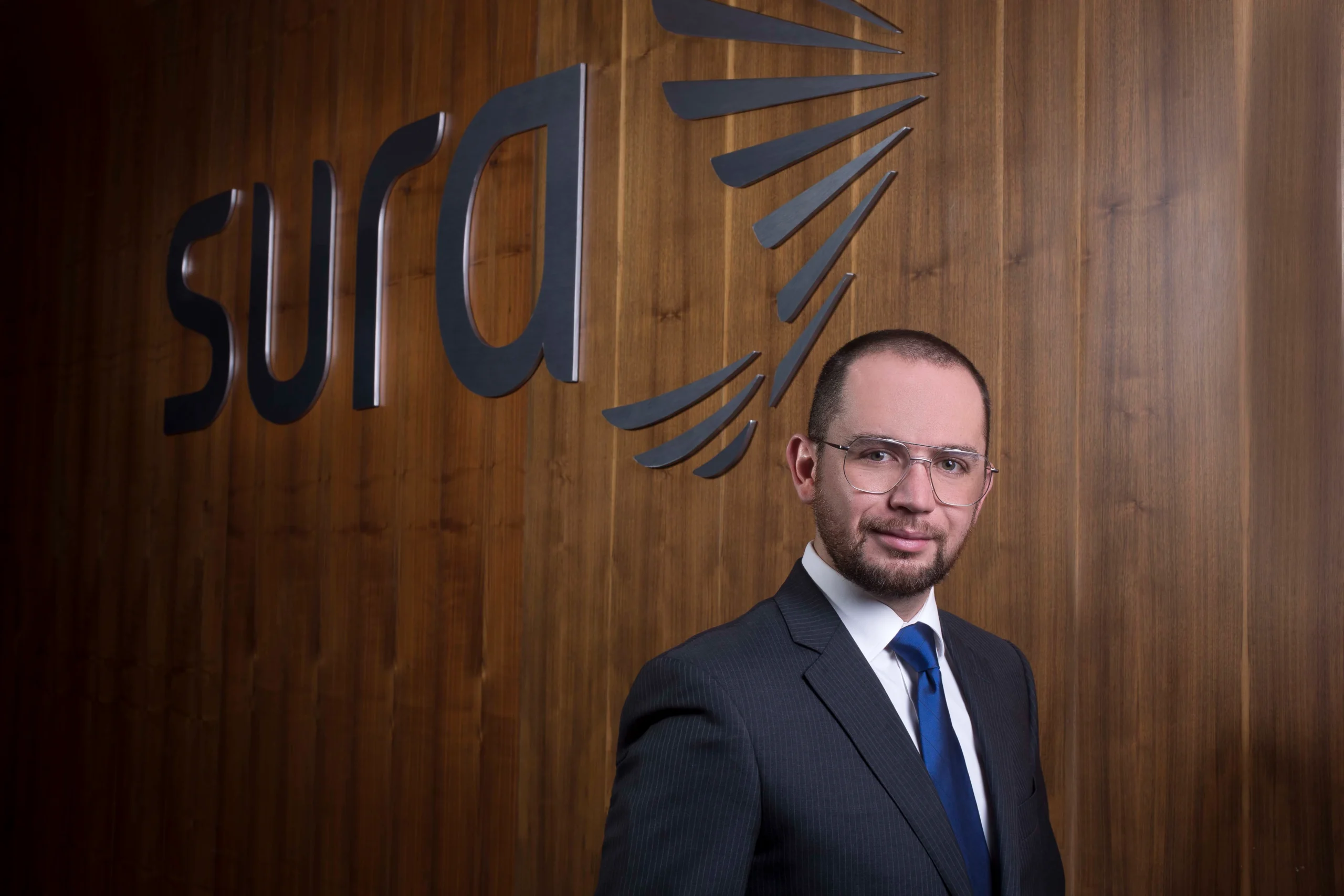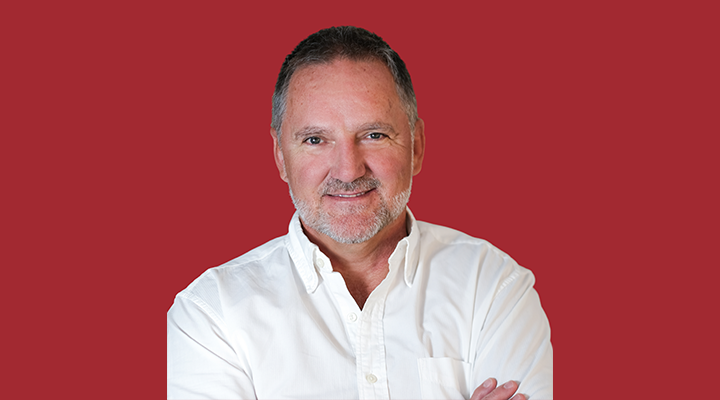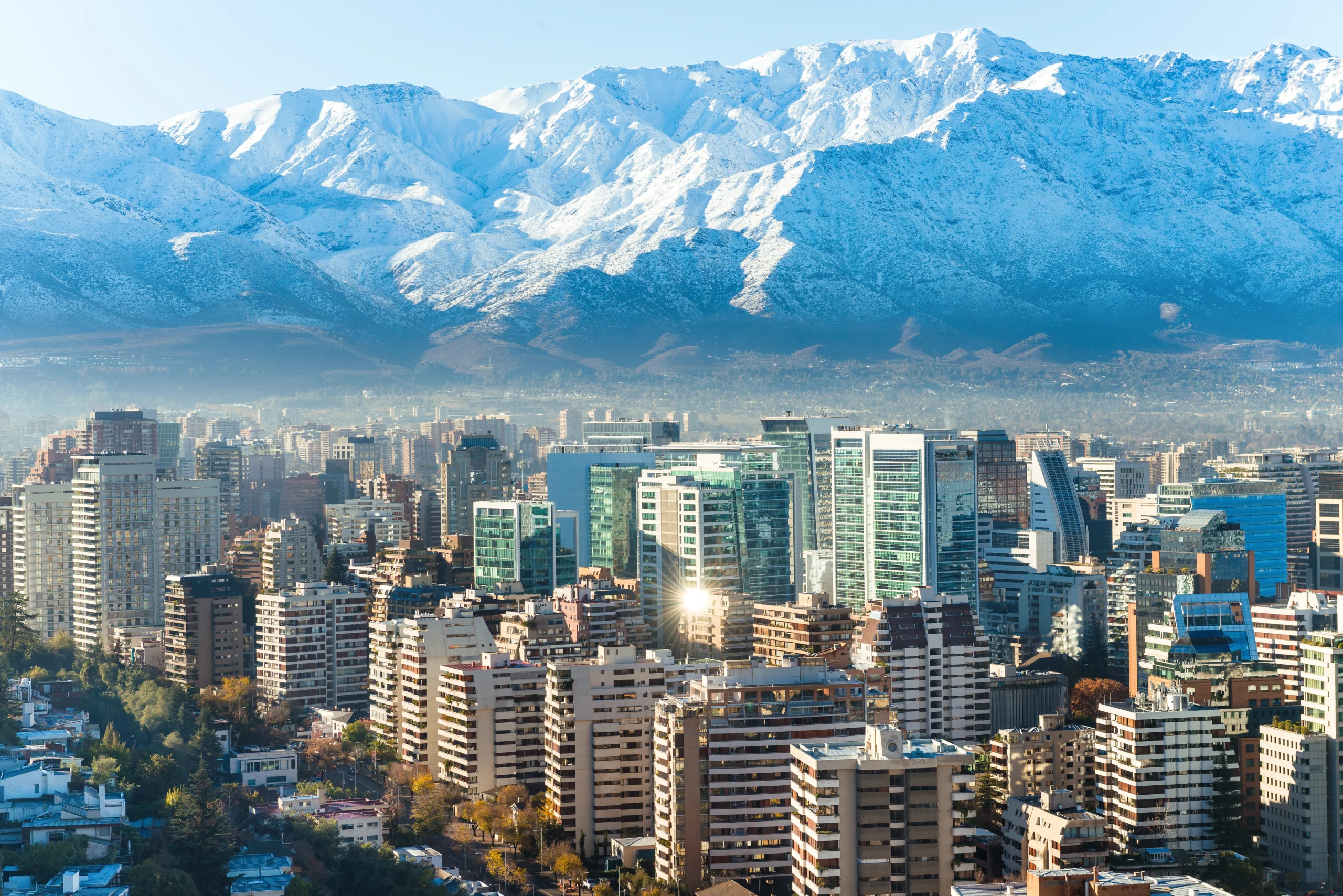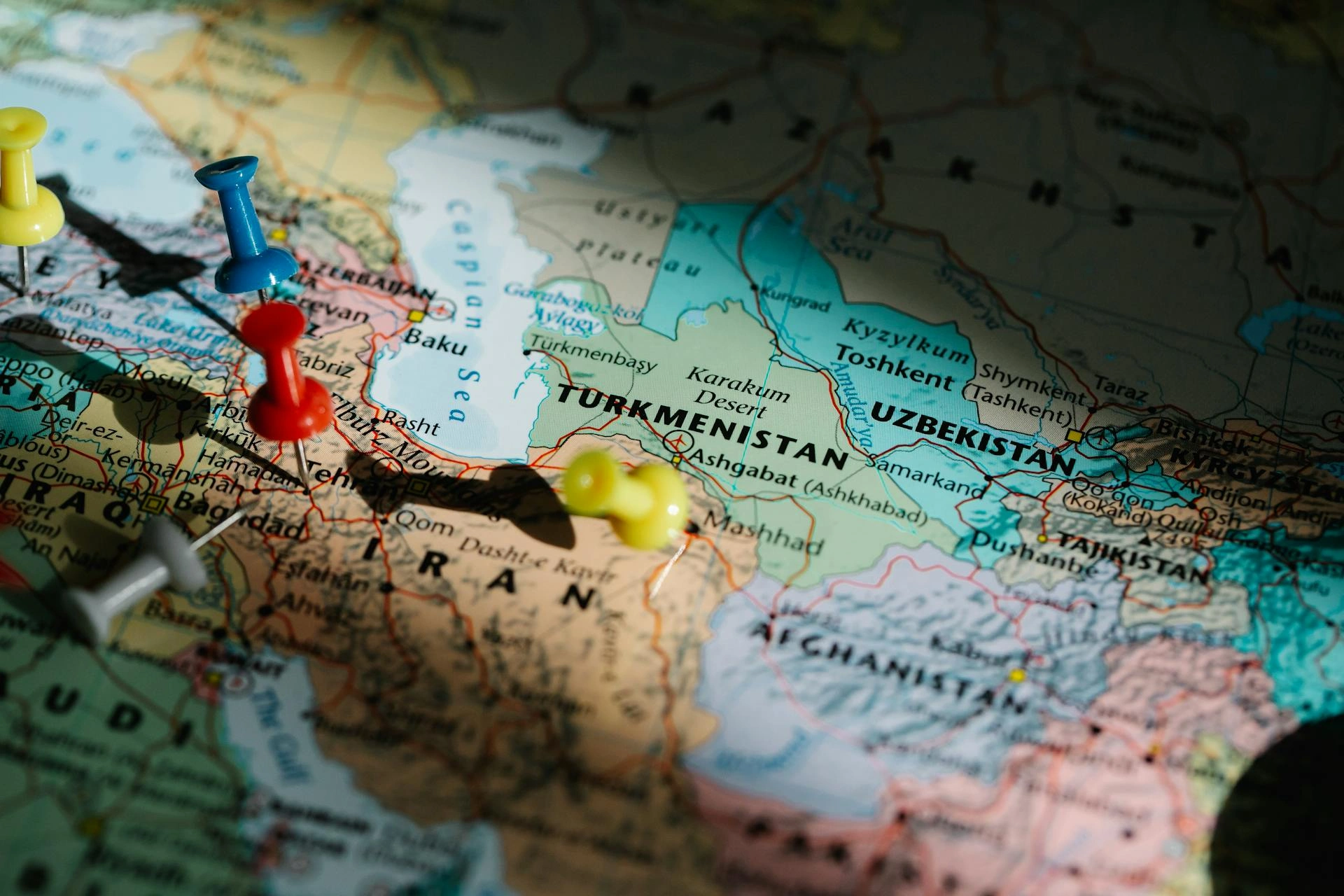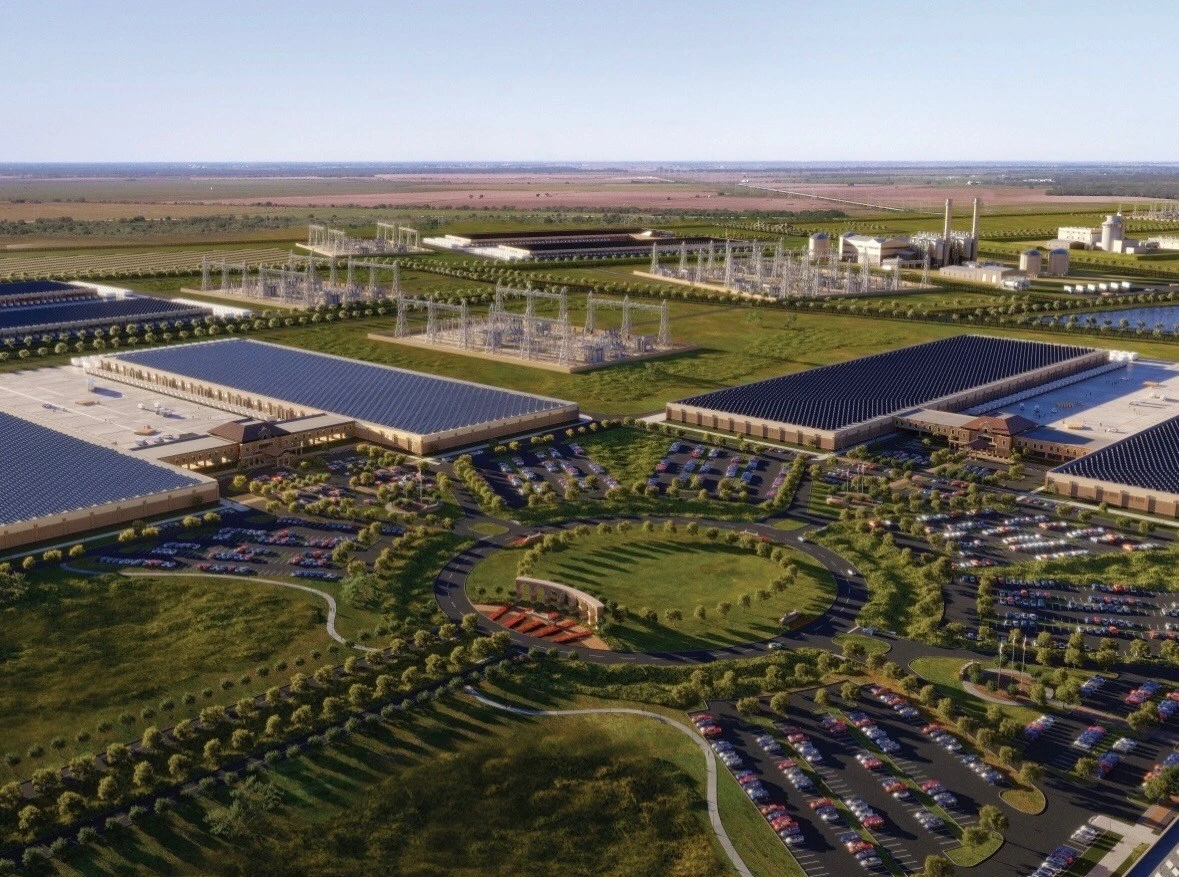National Economies Require Natural Money

John E. Kaye
- Published
- Banking & Finance, Home
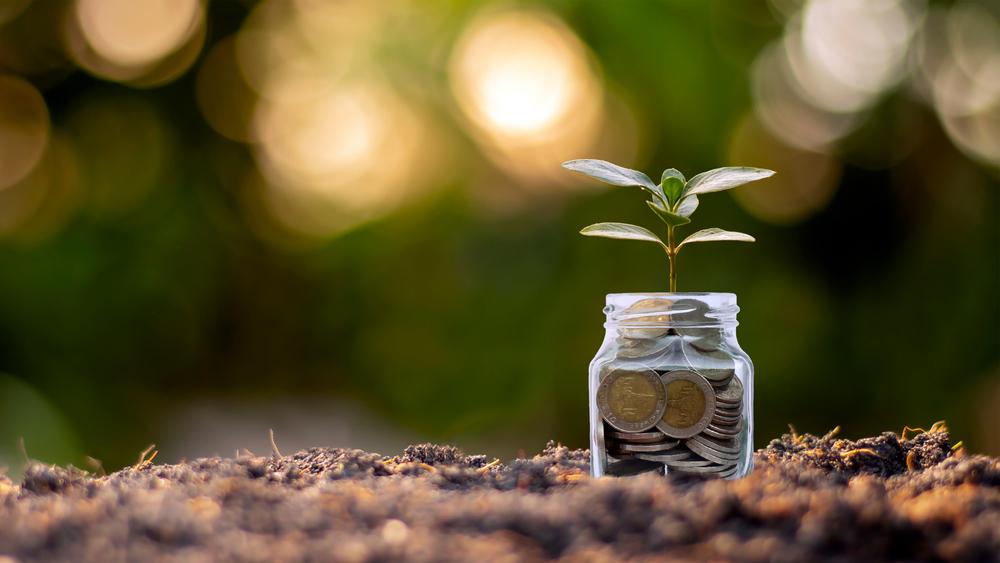
Economic theorist Roy Sebag says that out-of-control inflation ultimately points to one thing: the current economic model is broken. His new book The Natural Order of Money offers a persuasive argument for fixing our broken economy, as he explains.
In a recent interview, European Central Bank (ECB) President Christine Lagarde stated that heightened inflation in Europe has “pretty much come about from nowhere”.
According to the Office of National Statistics (ONS), the price of a basket of 30 everyday food items has increased by 17 per cent in the 12-month period through to September 2022.
And only in October, we learned that grocery inflation continued to rise, hitting a record 14.7 per cent.
There is a puzzle here right in front of our eyes which can be summed up in one question: What is inflation and where does it come from?
Milton Friedman, the US economist and Nobel laureate, stated that “inflation is always and everywhere a monetary phenomenon, in the sense that it is and can be produced only by a more rapid increase in the quantity of money.”
Friedman appears to have provided us with an answer to our question. According to him, inflation is simply the debasement of the money which comes about from an increase in the quantity of money.
But this answer does not necessarily solve our puzzle. Surely, ECB President Christine Lagarde knows about this dictum? She is, after all, one of the pre-eminent economists of our time.
If so, then why does Lagarde claim that inflation has come about from “nowhere”?
In my experience, having had multiple opportunities to directly debate with leading economists such as Lagarde, I have gained some insights into the kind of philosophy which guides their policy actions.
The modern economist fully understands that inflation equals monetary debasement, but, at the same time, they believe that inflation is absolutely necessary for economic prosperity.
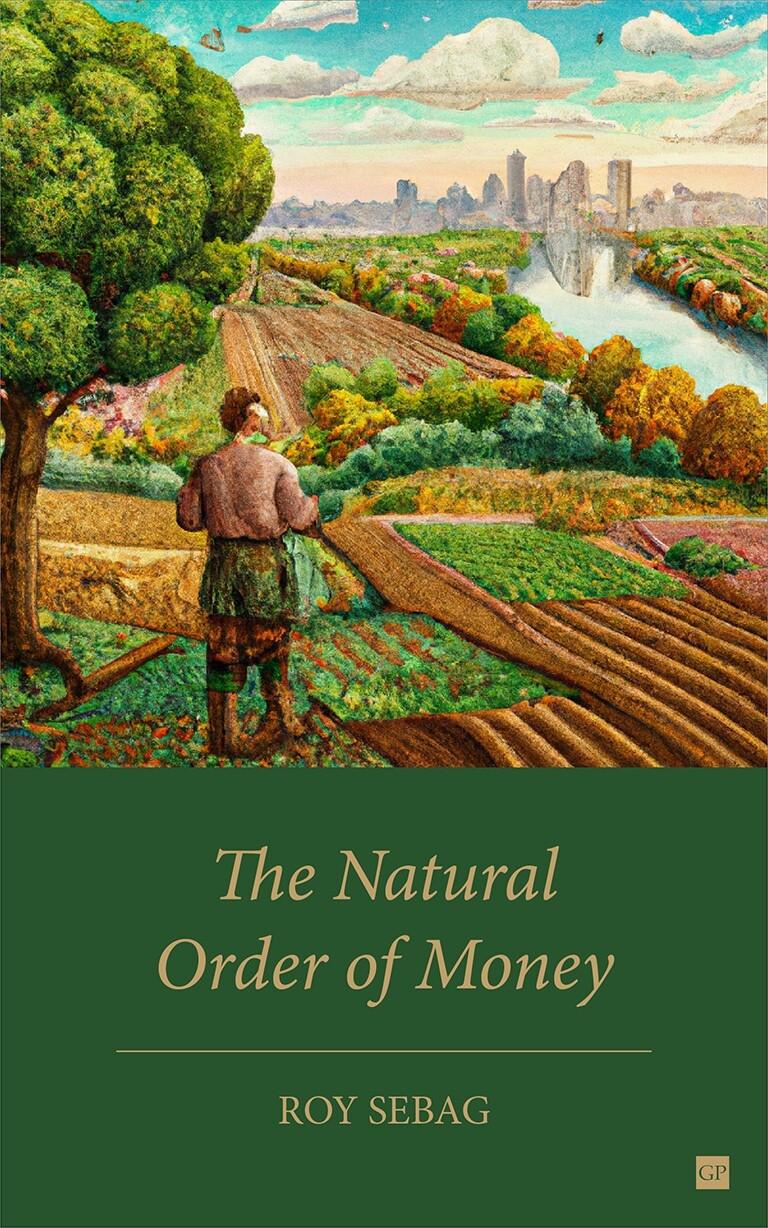
Let us simplify our vocabulary by calling “inflation” what it truly is: monetary debasement.
The position held by modern economists today, irrespective of their political affiliations, rests on the following assumptions:
- Monetary debasement provides fiscal flexibility in stimulating economic activity or responding to crises.
- Monetary debasement allows the State to provide social welfare, and, thus, build a better society, and
- Monetary debasement can always be reversed, if the need arises, by raising interest rates.
In The Natural Order of Money, I provide the reader with a holistic understanding of how an economy functions in the first place and what makes that economic cooperation sustainable.
I show that no matter how complex an economy may appear, there is an overriding principle which governs its success or failure. I call this principle “ecological accountability”.
Readers of my book will discover that it is ultimately our relationship to nature which is impacted by monetary debasement.
This does not imply the destruction of our environment, though that is certainly one proximal effect.
What I refer to is our ability to prosper sustainably; to produce the things we need to consume.
This philosophy of money falsifies the three pillars which modern economists employ when rationalising monetary debasement.
My framework explains the “why” behind Friedman’s dictum that inflation is always and everywhere a monetary phenomenon.
The reason is that the natural order, and its laws, do not change – because the farmer cannot accelerate a crop harvest, and because the miner cannot produce basic elements wherever he likes.
Because, in a word, economic cooperation is objective rather than subjective.
Most importantly, perhaps, ecological accountability shows why only a return to natural money, to an objective common measure and reward, can arrest inflation once it has reared its ugly head.
If history is any guide, Western economies will face a difficult decision over the coming years.
Political leaders will need to come to terms with the reality of sustained inflation in the things we need, and that raising interest rates will be both ineffective and politically unfeasible.
My hope is that a return to first-principles thinking will remind our leaders of the need to anchor our economies to the natural order.
Furthermore, that the only factor which prevents us from readopting natural money is a lack of imagination.
The Natural Order of Money by Roy Sebag (Goldmoney Publishing) is available on Amazon and in all good book shops, priced £11.99 in hardcover. For more information, visit www.naturalorderofmoney.com
Q&A Interview With Roy Sebag
Famed entrepreneur and investor Roy Sebag has spent more than a decade formulating a timely and compelling proposal for a new financial system, which he sets out in the bestselling new book The Natural Order of Money. The book is essential reading for those who want to understand how we arrived at this point in time, and how we might go about the process of restoring the integrity of our economic system. We speak with him to find out more.
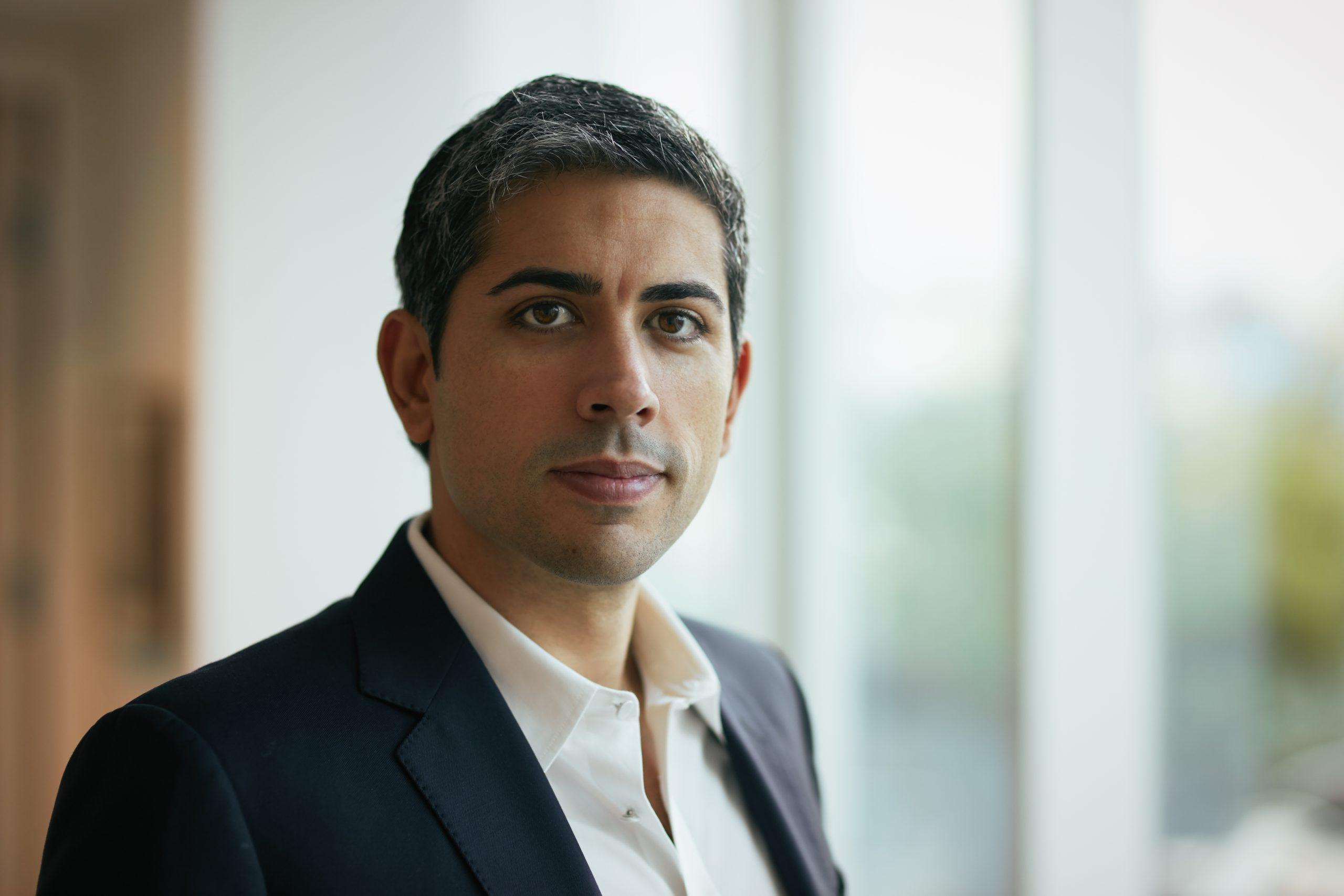
Q. It is true that the economy is currently going through a period of extreme turbulence, but will this not resolve once the main causative factor, namely the Russian invasion of Ukraine, has been resolved?
A. The economic issues I focus on in the book transcend the news cycle or even the geopolitical cycle. Issues such as inflation, wealth inequality, the decline of real economic activity, the diminishing prestige and nobility of toil – all of these are symptoms of an economic malaise that cannot be blamed on the Russian invasion. This is an economic disease that requires an economic cure.
Q. How would a government be able to pay for everything if money were natural?
A. The same tools that are employed today would remain available to governments: taxing economic activity and running budget deficits. Raising taxes is relatively straightforward as this is an overt act that citizens can understand and be compelled to support for the right causes such as social welfare, the environment, or national security.
When it comes to deficit spending, a natural money would make these decisions more accountable and transparent. If a government decided to run deficits by increasing the national debt, everyone would clearly understand the burden of debt as something tangible which future generations will need to deal with.
If a government decided to inflate those debts, or, as has become quite popular lately, to finance the deficits through outright debasement of the money, a natural money would enforce a clear accounting of such debasement, and in real-time.
Everyone would know that the weight of money they owned had been diminished and by how much. It is important to note that for centuries populations have supported the debasement of money for social causes and national defence, the Second World War being a recent example.
What natural money achieves is honest accounting that cannot be disguised by economic jargon or lofty promises about the future. So, for example, if monetary debasement primarily leads to inflation or the expansion of one socioeconomic class at the expense of another, everyone can understand the true cause and vote accordingly.
Natural money simply means that the government is held to the same standard as the people, and that all economic classes are held to the standard of nature upon which they depend.
Q. Isn’t the future of the economy all about technology and ideas? Is not the ‘real economy’, as you call it, is an indicator of economic regress rather than progress?
A. This is a great question, but I think it stems from a kind of religious obsession over abstract economic metrics such as nominal GDP. Prosperity is something tangible: it is food on the table; shelter; heat. From these things does a society draw inspiration and hope about the future.
If it were truly all about the service economy or a technological utopia, why is our society so polarized? Why have wages not risen as fast as capital? Why is the average family in the Western world finding it harder to make ends meet? I would argue that most of what is presented as economic success within the “economy of the future” is merely a symptom of debased money and artificially suppressed interest rates. We consume more food, energy, and real goods than we ever have and yet we no longer produce those things in the West but depend on other countries to provide these basic inputs.
There has to be a balance, of course, and human innovation is certainly important. But it flows from a sustainable economic system and real economic prosperity. Many people don’t realise that gold was money until 1971. In other words, electricity, the internet, penicillin, computers, and nuclear power were all invented in an economy with natural money. I see no reason why, then, natural money would inhibit technological progress. What it does is anchor that progress to the natural order. When prosperity is ecologically accountable, we as a society can discern true progress from illusory progress.
Q. What do you think is the main reason economists and politicians disagree with your views?
A. I believe that wisdom often skips a generation. The economic theory and the ideas I present in the book are not necessarily new. They reflect the same conclusions arrived at by everyone from Aristotle to John Locke and Adam Smith.
Over the last century, however, economics has attempted to reinvent itself as a hard science rooted in mathematics. Economists no longer observe the real – the tangible economy. They are observing formulas and models of their own making. They are grading their own papers. Politicians rely on economists to fund their political policies and so there is a kind of feedback loop which is difficult to escape.
What is needed is a return to first principles, to remember what an economy is and what makes it sustainable. Economists must have the intellectual fortitude and the imagination to sacrifice nominal values which are meaningless, except perhaps to a small minority of people, and to embrace real value. There are signs that economists and even politicians are beginning to come to terms with this. Central banks would not be raising interest rates right now so aggressively unless they recognised that certain monetary policy errors had been committed in the recent past, most especially during the Covid-19 pandemic.
This recognition of past errors is the first step in rehabilitating the discipline of economics. In the next step, economics must become less mathematical and more qualitative.
Q. If there remains staunch support for the fiat system then how can an alternative economic system ever hope to be ushered in?
A. I don’t believe there is support for the fiat system at the level of the common citizen. Most people just don’t know how it all works or don’t have the time to think about it. Good information spreads quickly, and good ideas have staying power. It is my hope that, with my book, I will inspire others to build upon this work so that more people will be well versed with the problem and the potential solution.
Q. Would the introduction of such a system require global cooperation to ensure a smooth transition or could one nation, such as the UK, act as the trailblazer without risks of destabilising its own economy?
A. Not really. The critical ingredient is to have an economy that can provide subsistence to the majority of the population. The UK is virtually unique for it is almost 100 per cent self-sufficient when it comes to producing food. A natural money would eliminate inflation, build up savings, and promote further investment in the real economy. It would be up to the population to decide how aggressively they want to pursue this but, in theory, the UK could produce a great deal of energy and minerals, which, by consequence, would enable the rebuilding of manufacturing capacity that has been hollowed out for nearly 40 years.
People might need to change careers from the gig economy or finance to the real economy, but the upside would be that when they earned a pound, that pound wouldn’t be ephemeral. Such decision would likely make the pound the most desired currency in the world, inviting a great deal of global capital and long-term investment in the UK; again, assuming all of that was desirable by the people.
Q. Why does our money need to have a connection to food as you say, or the natural world?
A. Because, fundamentally, any economic activity is just the metabolization of energy. Food, which is an energy source, is always the initial input. If our money loses that connection, we run the risk of forgetting about our relationship to each other; that we are always in this together, that we all depend on the farmer, and that prosperity is something shared and egalitarian. We also run the risk of forgetting about our dependency on nature, on the cycles of sowing and harvest, on geological scarcity, and on the relentless struggle against entropy. By consequence, we become less resilient as a society, more dependent on other nations, and prosperity becomes concentrated in the hands of the few which results in a class system with little to no social mobility.
Q. How do you think those concerned about the ecological footprint of industry will respond to your natural money theory?
A. I think it depends on their understanding of economic systems and human cooperation. If they can recognise, as I have, that all economic activity is temporally dependent on food, energy, and materials, they have to make a difficult decision. They must reconcile their genuine love and regard for nature on the one hand, while imagining on the other how we might interact with nature most sustainably to produce these fundamental inputs. They must recognise that it isn’t right nor just to have children in Africa mine for battery metals so that we might drive electric cars. They must recognise that it may not be naturally sustainable to import foods from distant lands. That perhaps the best way to heat a home is with an open fire and that perhaps instead of electrifying the economy for the sake of decarbonisation, we may need to reduce how much energy we consume per capita or limit the consumption to what we can produce sustainably within the borders of our nation.
Q. How does your book differ from the one you originally set out to write?
A. The book I originally set out to write was highly technical and voluminous. I was trying to cover every problem and every error that I had identified within the current economic paradigm. Three years ago, I returned to my roots as a farmer and to the rhythm of the natural order. It was this change which helped me see the essence of my theory. Ultimately, I was reminded of the overarching principles which had guided me throughout my career, and I was able to appreciate that the objective in writing the book was more philosophical than economic. I needed to remind my readers of what I had remembered with simple language and inviting prose.
Q. Now that The Natural Order of Money has been published, what do you hope to see happen next?
A. I hope that the book will inspire constructive dialogue and debate. If my arguments are sound, others will appreciate them and perhaps push these ideas in new directions. If my arguments are flawed or wrong then my book, like most books, should be disregarded and condemned to the dustbin of history. Only time will tell.
RECENT ARTICLES
-
 Managing cross-border risks in B2B e-commerce
Managing cross-border risks in B2B e-commerce -
 J.P. Morgan launches first tokenised money market fund on public blockchain
J.P. Morgan launches first tokenised money market fund on public blockchain -
 Aberdeen agrees to take over management of £1.5bn in closed-end funds from MFS
Aberdeen agrees to take over management of £1.5bn in closed-end funds from MFS -
 Enterprise asset management market forecast to more than double by 2035
Enterprise asset management market forecast to more than double by 2035 -
 EU Chamber records highest number of entries for 2025 China Sustainable Business Awards
EU Chamber records highest number of entries for 2025 China Sustainable Business Awards -
 Inside Liechtenstein’s strategy for a tighter, more demanding financial era
Inside Liechtenstein’s strategy for a tighter, more demanding financial era -
 ‘Stability, scale and strategy’: Christoph Reich on Liechtenstein’s evolving financial centre
‘Stability, scale and strategy’: Christoph Reich on Liechtenstein’s evolving financial centre -
 Bridging tradition and transformation: Brigitte Haas on leading Liechtenstein into a new era
Bridging tradition and transformation: Brigitte Haas on leading Liechtenstein into a new era -
 Liechtenstein in the Spotlight
Liechtenstein in the Spotlight -
 Fiduciary responsibility in the balance between stability and global dynamics
Fiduciary responsibility in the balance between stability and global dynamics -
 Neue Bank’s CEO on stability, discipline and long-term private banking
Neue Bank’s CEO on stability, discipline and long-term private banking -
 Research highlights rise of 'solopreneurs' as technology reshapes small business ownership
Research highlights rise of 'solopreneurs' as technology reshapes small business ownership -
 Philipp Kieber on legacy, leadership and continuity at Interadvice Anstalt
Philipp Kieber on legacy, leadership and continuity at Interadvice Anstalt -
 Building global-ready funds: how South African managers are scaling through offshore platforms
Building global-ready funds: how South African managers are scaling through offshore platforms -
 Global billionaire wealth hits record as relocation and inheritance accelerate, UBS finds
Global billionaire wealth hits record as relocation and inheritance accelerate, UBS finds -
 Human resources at the centre of organisational transformation
Human resources at the centre of organisational transformation -
 Liechtenstein lands AAA rating again as PM hails “exceptional stability”
Liechtenstein lands AAA rating again as PM hails “exceptional stability” -
 Lusaka Securities Exchange surges ahead on reform momentum
Lusaka Securities Exchange surges ahead on reform momentum -
 PROMEA leads with ESG, technology and trust in a changing Swiss market
PROMEA leads with ESG, technology and trust in a changing Swiss market -
 Why collective action matters for pensions and the planet
Why collective action matters for pensions and the planet -
 Structuring success with Moore Stephens Jersey
Structuring success with Moore Stephens Jersey -
 PIM Capital sets new standards in cross-jurisdiction fund solutions
PIM Capital sets new standards in cross-jurisdiction fund solutions -
 Innovation, advisory and growth: Banchile Inversiones in 2024
Innovation, advisory and growth: Banchile Inversiones in 2024 -
 Digitalization, financial inclusion, and a new era of banking services: Uzbekistan’s road to WTO membership
Digitalization, financial inclusion, and a new era of banking services: Uzbekistan’s road to WTO membership -
 Fermi America secures $350m in financing led by Macquarie Group
Fermi America secures $350m in financing led by Macquarie Group




